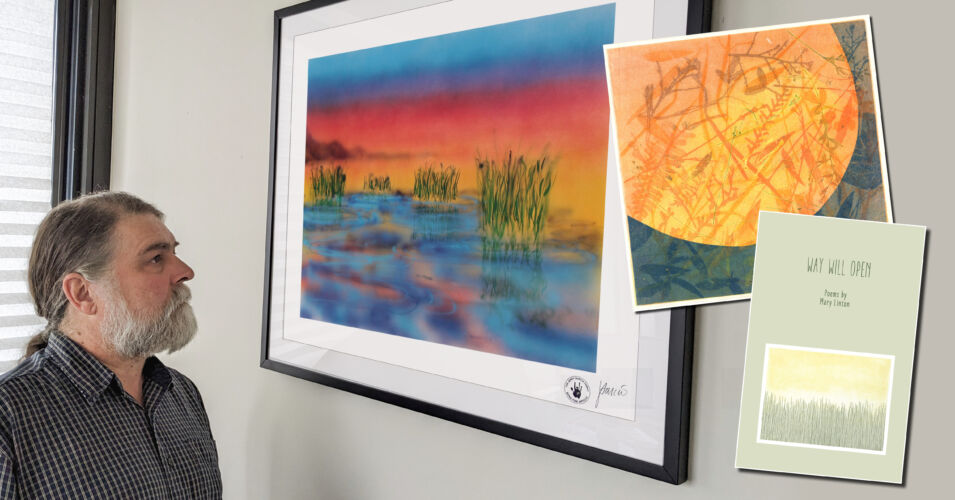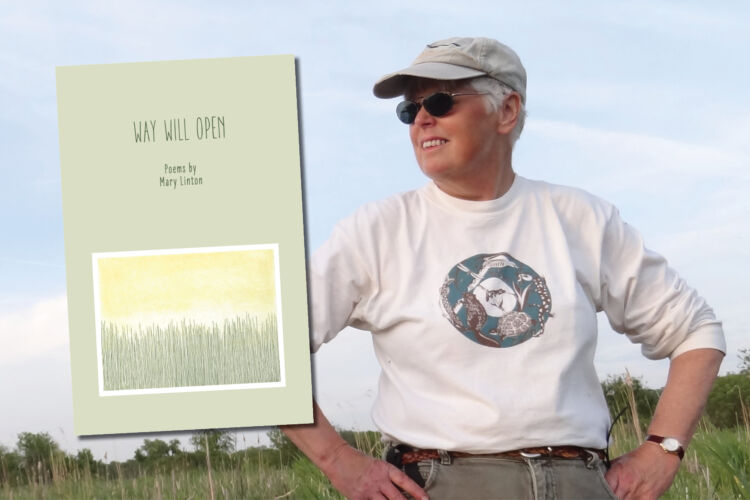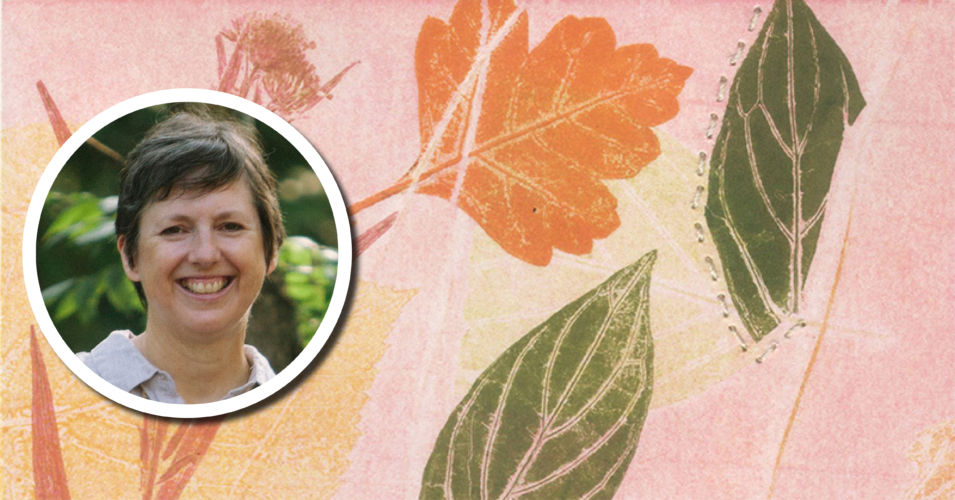I have two wetland prints hanging in my office. The first, depicting a pair of mallards landing in a marsh, is by well-known wildlife artist Les Kouba. The second is a watercolor wetland landscape by well-known painter Jerry Garcia (maybe known for something else as well?). When I look at these paintings, I see more than paint on a canvas. I am transported outside of the frame. In the Kouba print, I’m in a duck blind on a crisp November morning, full of anticipation for a good hunt. In the other, I find myself in a large salt marsh, probably in the San Francisco Bay area, watching the distant shoreline through the early morning fog. Art transports us. Art inspires us. Art asks us to reflect. And art can even motivate us to take action.
Thinking about my column in this issue brought me (as it often does) to revisit my bookshelf. The written word also transports me, revisiting places I’ve been and imagining places and times I haven’t visited. Sigurd Olson’s descriptions of bogs and alder thickets take me back to when I was in my teens and twenties exploring the Arrowhead region of Minnesota. When I read August Derleth’s A Sac Prairie Journal, I get to time-travel to a place near and dear to my heart—the wetlands of the Lower Wisconsin River—and experience them as they were in the early 1900s. Frances Hammerstrom’s Harrier, Hawk of the Marshes transports me to another time in my life—the many years I spent on the Yakama Reservation in eastern Washington state—to re-experience these magnificent birds mousing over large sedge meadows.
Literature employs a wealth of words that bring out memories, emotions, and understanding. Wetland poetry and prose, however, can open our hearts and minds with very few words. One poet whose work does this is our friend and past WWA Board Chair Mary Linton. Her poetry unleashes thoughts, ideas, and perspectives well hidden in our experiences. If you enjoy poetry but haven’t had the privilege of reading Mary’s poetry yet, then you’re in luck. Way Will Open is a recently released volume of Mary Linton’s poetry that is now available to order, with proceeds benefitting WWA.
Reawaking memories, stirring emotions, and finding new perspectives are all well and good, but truly great art, literature, and poetry also inspire us to action. In my youth, I would read Thoreau’s Life Without Principle before I made any large decision. Maybe it’s sentimentality that grows with age, but now I often find motivation in local authors and artists who speak to my love of place, inspiring and motivating me to care for, protect, and restore our landscapes.
What art inspires you to action on behalf of wetlands, and why? I’d love to hear from you.
Related content
Order a copy of Way Will Open by Mary Linton
Wetland Coffee Break: Visible and invisible mending: An intersection of art and ecology



